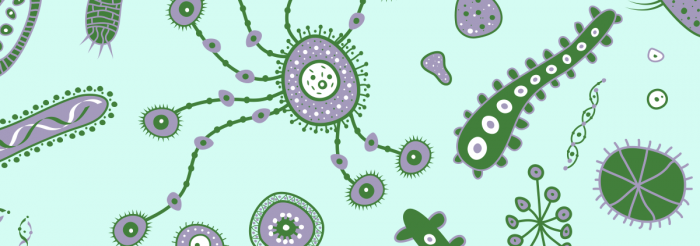Parasites

Parasites in human bodies primarily live off the nutrients and cells of the host – i.e. the person affected. The number of microscopic parasites can multiply extremely rapidly, causing a drain on the body as the parasites feed off essential nutrients and prevent the host from functioning normally. Symptoms due to lack of nutrition and the effects of parasitic excretion can also be severe.
It is estimated that more than 85 percent of the world's adult population is affected by parasites, though very few know of it.
Diagnosis
Diagnosis of a parasite intrusion can be difficult as doctors usually check for other more familiar diseases first. For example, symptoms of ulcerative colitis are similar to those of amoebic colitis, often leading to a diagnosis of the more frequent ulcerative colitis. The rapid spread of parasites can also complicate accurate diagnosis.
Who is prone to parasite infection?
• Frequent international travellers
• People exposed to a contaminated water supply
• Pet owners who do not follow adequate hygiene practices
• People who binge on food
• Sex industry workers
The four possible entry paths of a parasite are:
• Food/water
• Mosquitoes and other organisms
• Sexual intercourse
• Nose and skin
The symptoms of parasite infection are usually chronic fatigue, stools containing excessive levels of fat, arthritis and diarrhoea.
Treatment of parasitic infection is carried out with specific medicines depending on the parasite.
Hilary carries out comprehensive testing to discover which parasites may be affecting you.
Please note the videos below are not for the squeamish...


